Germany’s Merkel: Coronavirus EU’s biggest test since foundation
German Chancellor Angela Merkel says the coronavirus pandemic is the “biggest test” that the European Union has faced since its foundation, adding that it is important that the bloc “emerges strong” from the economic crisis caused by the disease.
"In my view... the European Union stands before the biggest test since its founding," Merkel told reporters during a news conference on Monday.
"Everyone is just as affected as the other, and therefore, it is in everyone's interest, and it is in Germany's interest for Europe to emerge strong from this test."
The comments came ahead of a key eurozone finance ministers' conference aimed at drawing up an economic rescue plan for the bloc.
Merkel also stressed that Germany is "ready to contribute" to boosting the bloc. She also reiterated that the European Stability Mechanism (ESM) bailout fund should be activated "with no senseless conditions" in order to help countries that have been hit hard by the coronavirus.
The German chancellor further said that Europe needed to develop "self-sufficiency" in manufacturing of crucial medical gear such as masks.
"Regardless of the fact that this market is presently installed in Asia... we need a certain self-sufficiency, or at least a pillar of our own manufacturing" in Germany or elsewhere in the European Union, she said.
The novel coronavirus, known as COVID-19, initially emerged in China late last year and is now spreading across the globe.
The global death toll from the coronavirus pandemic has now reached 70,567, and 1,288,319 people are diagnosed with the viral infection around the globe.
Analysts say the world economy is headed for a sharp downturn, where several countries could plunge into recession this year.
France heading for worst recession since WWII: Minister
France is facing its deepest recession since the end of World War II because of the widespread lockdown to stem the coronavirus crisis, Finance Minister Bruno Le Maire warns.
"The worst growth figure in France since 1945 was -2.2 percent in 2009, after the financial crisis of 2008. We will probably be very far beyond -2.2 percent" this year, Le Maire told a Senate panel on Monday.
That figure was subsequently revised to a drop of 2.9 percent, and France is likely to do even worse than that, the finance ministry clarified to AFP.
"It's an indication of the amplitude of the economic shock we're facing," Le Maire said.
France imposed a nationwide stay-at-home order from March 17 after shuttering all nonessential businesses. Officials have said the lockdown will last until at least April 15.
Statistics office Insee said last month that the lockdown has slashed overall economic activity by 35 percent, and estimated that every month of shutdown would cut annual GPD by three percentage points.
Services, heavy industry and construction are all taking big hits, Insee said, as factories are shut and only a handful of business sectors, such as supermarkets and pharmacies, remain open.
A wave of French blue-chip companies have abandoned their profitability targets for the year, while employers' associations have warned that hundreds of smaller firms and shops risk bankruptcy.
The government has pledged 45 billion euros ($49 billion) in loan guarantees and other relief to help companies get through the crisis.
UN urges countries to extend care to all migrants
Undocumented migrants, asylum seekers and trafficking victims worldwide should be granted access to healthcare and welfare - regardless of their legal status - to protect them during the coronavirus pandemic, two United Nations experts said on Monday.
Migrants working in sectors such as farming or the shadow economy often lack any protection against COVID-19, while asylum seekers in crowded shelters or detention centers cannot practice social distancing, according to the UN special rapporteurs.
Irregular migrants - including victims of modern slavery - who fall ill may not seek healthcare for fear of being exposed to the authorities and detained, arrested or deported, activists across several nations have told the Thomson Reuters Foundation.
"Human rights must be at the center of the response to the COVID-19 pandemic ... no one should be left behind in this global fight," said Felipe Gonzalez Morales and Maria Grazia Giammarinaro, the top UN experts on migrants and trafficking.
"Governments must adopt measures ensuring every individual in the national territory, regardless of their migration status, is included and has access to health services in order to achieve successful containment of the COVID-19 pandemic."
The UN experts also called for support schemes for vulnerable migrants and trafficking victims to be automatically extended for at least six months if coming to an end - to ensure that such communities are not left unprotected or without help.
The global migrant and refugee population hit an estimated 272 million last year - up by 51 million since the beginning of the decade - while about 25 million people worldwide are thought to be victims of forced labor, the latest UN statistics show.
Kenya cordons off capital, virus-hit cities for 21 days
Kenyan President Uhuru Kenyatta has imposed a three-week ban on movement in and out of four main coronavirus "infected areas," including the capital Nairobi, ahead of the usually busy Easter weekend.
Kenyatta stopped short of a full lockdown within these areas, but warned "we must be ready to go even further if necessary" in a televised address to the nation.
He ordered "cessation of all movement by road, rail or air in and out of" Nairobi, and the coastal towns of Kilifi and Kwale and the country's second largest city of Mombasa for 21 days, starting from Monday at 7pm (1600 GMT).
"The movement of food supplies and other cargo will continue as normal during the declared containment period through road, railway and air," he said.
Kenya currently counts 158 cases and six deaths from the virus, most of them in the capital, with a few cases also along the coast.
It is the second worst-hit nation in eastern Africa after Mauritius which has 227 cases.
Swiss coronavirus deaths hit 584, positive tests rise to 21,652
The Swiss death toll from the novel coronavirus has risen to 584, the country's public health agency said on Monday, from 559 people on Sunday.
The number of positive tests also increased to 21,652 from 21,100 on Sunday, it said.
Iran: UN Security Council inaction on Israeli crimes ‘catastrophic’
Report: US intel debunks Trump's claim of Iran working on ICBMs
Vance says 'skeptic of military intervention' after progress in Iran talks
VIDEO | Third round of Iran-US nuclear talks concludes in Geneva
Geneva talks: Iran signals firm resolve, rejects US pressure, proceeds with cautious optimism
Iran urges Afghanistan, Pakistan to hold dialogue amid new escalation
US will suffer ‘massive losses’ in case of new war: Iraq's Kata’ib Hezbollah
Normalization increases cost of defeating Israel, Yemeni leader warns


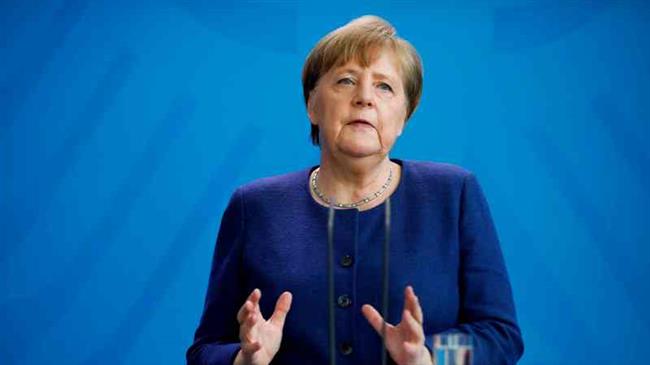




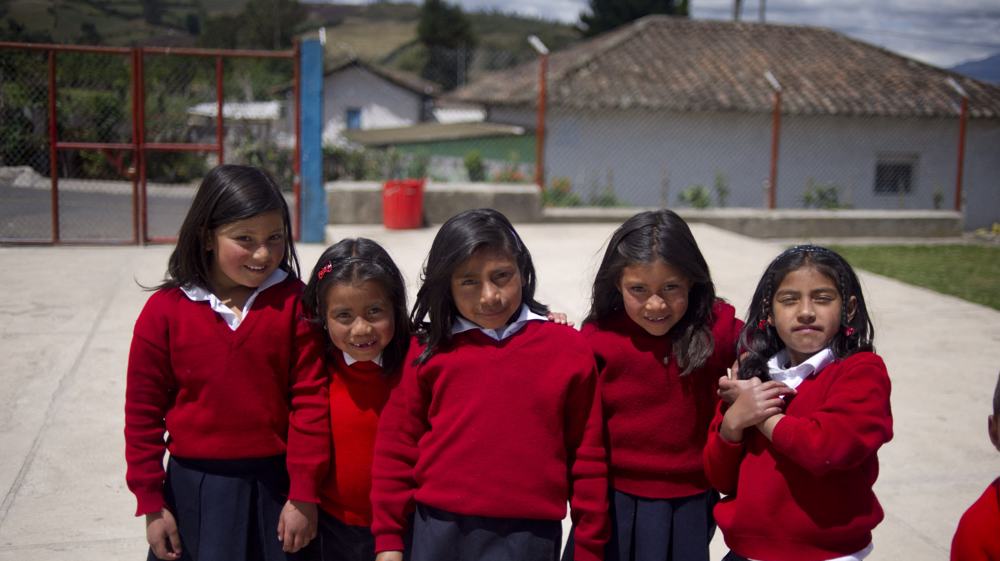
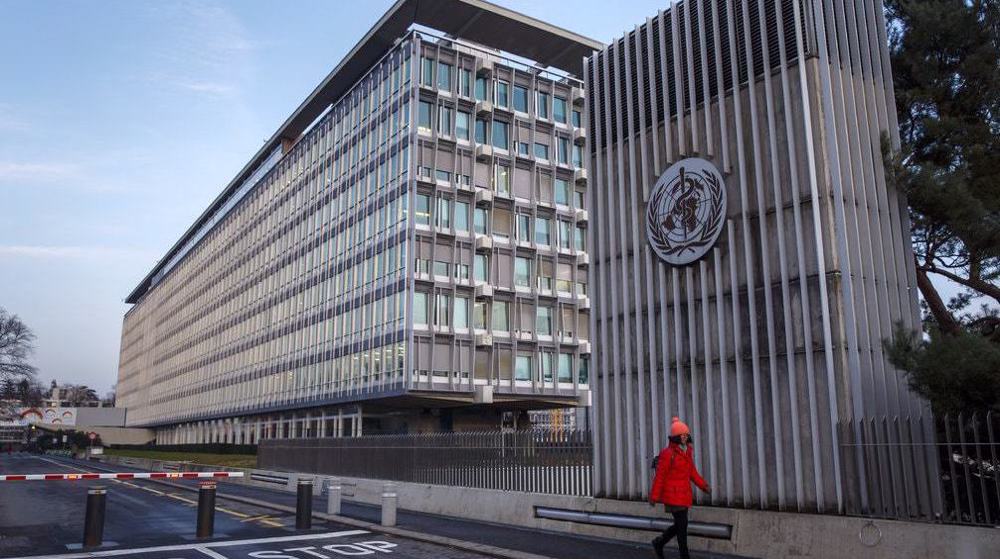
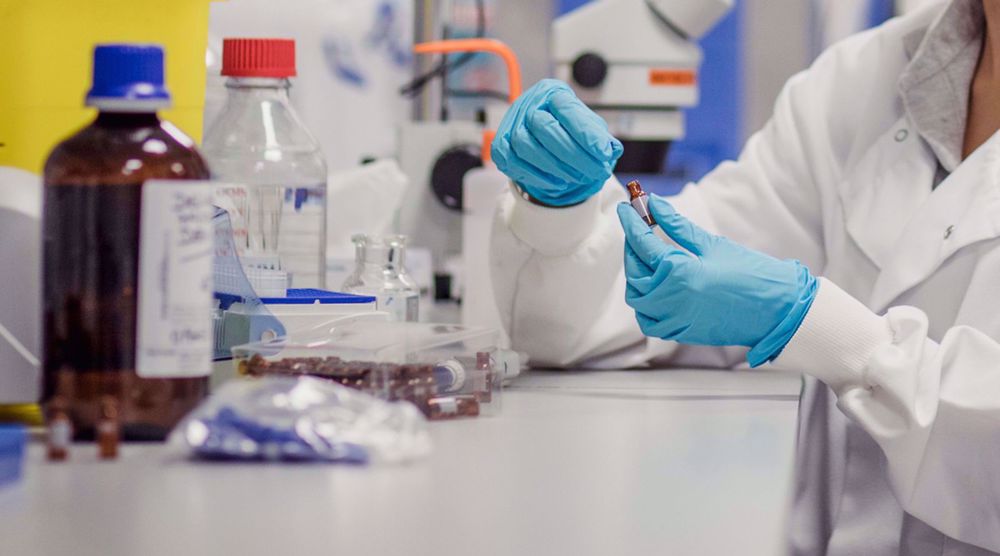






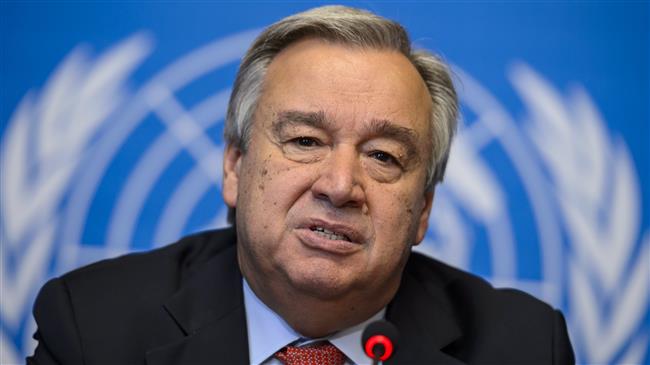


 This makes it easy to access the Press TV website
This makes it easy to access the Press TV website